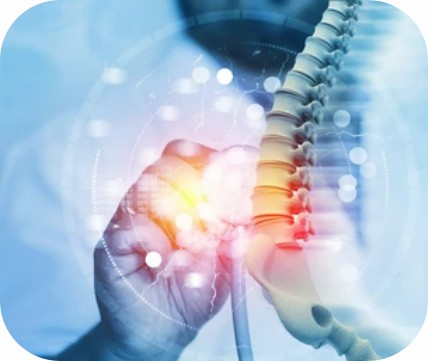Hydrogel for Medical Devices
The hydrogel is a polymeric three-dimensional network structure, characterized by its soft nature and resemblance to natural tissue. The versatility, biocompatibility, and water-absorbing properties of hydrogels render them invaluable materials for a broad spectrum of medical devices, thereby contributing significantly to advancements in healthcare, diagnostics, and regenerative medicine.
 Introduction to Medical Devices
Introduction to Medical Devices
The importance of medical devices in modern healthcare is profound, as they are vital for the successful execution
of clinical procedures and the overall well-being of patients globally. These devices span a broad range, including
essential supplies like gauzes and catheters to advanced implants such as cardiac valves and vascular grafts.
Utilization of Hydrogel for Medical Devices
Hydrogels possess functionalities that are relevant to a wide range of biomedical applications, including but not limited to the delivery of drugs or cells, regeneration of both hard and soft tissues, adherence to moist tissues, prevention of hemostasis, provision of imaging contrast, safeguarding tissues or organs during radiotherapy. The versatile properties of hydrogels render them valuable for addressing a wide range of distinct diseases and medical devices.
 Fig. 1 Possible health applications of hydrogel sensors/drug deliverers in the human
body. (Hendi A, et al., 2022)
Fig. 1 Possible health applications of hydrogel sensors/drug deliverers in the human
body. (Hendi A, et al., 2022)

The hydrogel contact lens materials have effectively addressed conventional concerns, such as enhancing oxygen permeability and ensuring compatibility with living tissues, thereby significantly optimizing overall comfort and extending the duration of usage.

Hydrogels are widely utilized in various coating applications, offering distinct characteristics that make them suitable for a diverse range of surfaces and industries. Examples encompass biomedical coatings, drug-eluting coatings, anti-fouling coatings, smart coatings, wound dressing coatings, contact lens coatings, textile coatings, hydration coatings, and cosmetic coatings.

The application of hydrogels in the field of aesthetic medicine provides solutions for various cosmetic and reconstructive procedures, primarily due to their ability to augment volume, hydrate tissues, and enhance overall skin appearance.

Hydrogels function as scaffolds in tissue engineering applications by mimicking the extracellular matrix (ECM) and providing a supportive framework for cellular proliferation and tissue regeneration. Researchers employ hydrogels to fabricate synthetic tissues and organs for transplantation or investigative purposes.

The application of hydrogels in diagnostic devices encompasses various purposes, including the selective capture of specific biomolecules such as proteins or DNA. They can be seamlessly integrated into biosensors and other diagnostic tools utilized for the detection and monitoring of targeted health conditions.
The Hydrogel Development Services We Provide
With professional equipment and experienced specialists, Matexcel provides high-quality natural hydrogel development services, synthetic hydrogel development services, stimuli‐responsive hydrogels development services, and hydrogel modification services. Please contact us for more information.
Reference
- Hendi A.; et al. Healthcare Applications of pH-Sensitive Hydrogel-Based Devices: A Review. Int J Nanomedicine. 2020 Jun 2;15:3887-3901.